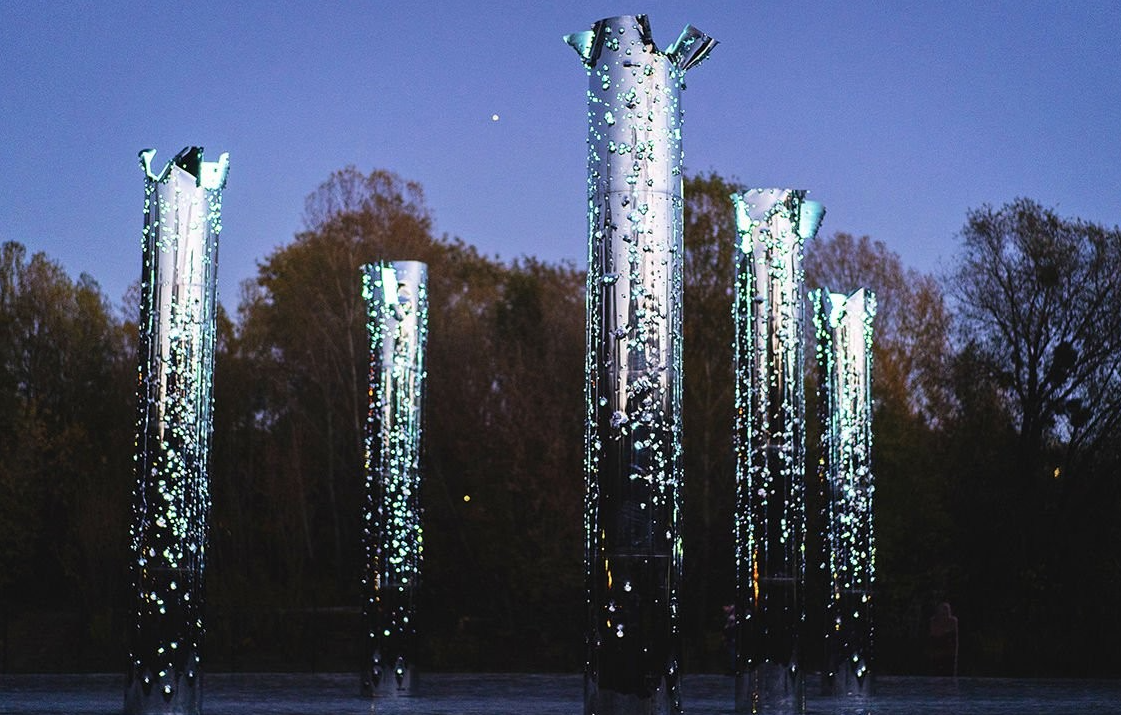The Pandemic of Fear & the Angel of Dread
Xi Jinping’s Empire of Tedium, Appendix VII
懼
‘It will need the whole of Europe to keep those gentlemen within bounds.’
— Frederick the Great on the Russians
quoted in Norman Davies
Europe: A History, 1997, p.649
In response to a visit to Babyn Yar (Ru.: Babi Yar) outside Kyiv in 1961, Yevgeny Yevtushenko (1932-2017) published a poem that the composer Dimitri Shostakovich (1906-1975) made the centre piece of his Symphony No. 13. Composed in July 1962, the symphony premièred in Moscow that December. Widely acclaimed during the short-lived Soviet ‘thaw’, Symphony No. 13, also known by its subtitle ‘Babi Yar’, generated considerable controversy, in particular because it affirmed the theme of Yevtushenko’s poem which was anti-Semitism, both past and present. Nonetheless, Shostakovich’s work is credited with having pressured the Communist Party bureaucracy of Ukraine to build a memorial to commemorate the massacre of some 34,000 Jews and many others at Babyn Yar by the Nazis in 1941. Yevtushenko himself said that Shostakovich was the moral architect of that memorial.
On 3 March 2022, Alex Ross, the music critic of The New Yorker wrote:
‘Of late, I’ve been listening to the enigmatically gentle music of Valentin Silvestrov, among other Ukrainian composers. I’ve also turned to Shostakovich, the angel of dread. His Symphony No. 13 is subtitled “Babi Yar,” in honor of one of the most horrific massacres of the Holocaust. On Tuesday, a Russian missile reportedly killed five people in the area of the Babyn Yar memorial, in Kyiv. The symphony’s fourth movement is an immensely chilling setting of Yevgeny Yevtushenko’s poem “Fears,” which begins with the ironic announcement that “fears are dying out in Russia” and goes on to say: “I see new fears dawning: / the fear of being untrue to one’s country, / the fear of dishonestly debasing ideas / which are self-evident truths; / the fear of boasting oneself into a stupor . . .” As war fever mounts on all sides, those words and that music might haunt the citizens of all lands.’
— Alex Ross, ‘Valery Gergiev and the Nightmare of Music Under Putin’
The New Yorker, 3 March 2022
***
Readers of China Heritage will be familiar with our argument that the Chinese Communist Party’s civil war within the borders of China Proper, and its conquest of much of the former territory of the Qing Empire (which was claimed by the Republic of China established in 1912, the successor regime to the Qing), in particular Greater Tibet and Xinjiang (but not Mongolia or vast tracts of land ceded to the Soviet Union and Kim Il-sung’s Korea by Mao Zedong) has lasted for over seventy years. Beijing’s imposition of a ‘Law on Safeguarding National Security in the Hong Kong Special Administrative Region’ on 1 July 2020 formally marked the third front in the Communist’s decades-long war of attrition. Taiwan is the fourth front in China’s ongoing uncivil war.
These lines from Yevtushenko’s poem ‘Fears’ страхи resonate with the theme of our consideration of the Xi Jinping decade:
I wish that men were possessed of the fear
of condemning a man without proper trial,
the fear of debasing ideas by means of untruth,
the fear of exalting oneself by means of untruth,
the fear of remaining indifferent to others,
when someone is in trouble or depressed,
the desperate fear of not being fearless
when painting on a canvas or drafting a sketch.
Here, the poet also unwittingly predicted his ongoing balletic accommodation with the Soviet establishment.
***
This is Appendix VII of Xi Jinping’s Empire of Tedium. When China experiences its next ‘thaw’, the works of those who bore witness to the Xi interregnum honestly may enjoy the recognition that they are presently denied.
— Geremie R. Barmé, Editor, China Heritage
Distinguished Fellow, The Asia Society
6 March 2022
***
Related Material:
- Other People’s Thoughts, XXIX, 4 March 2022
- Orville Schell, ‘Putin and Xi’s Imperium of Grievance’, Project Syndicate, 1 March 2022
- Liu Baifang & Orville Schell, 迥 — Dissing Dissent, 26 February 2022
- Geremie R. Barmé, A.M. Rosenthal, et al, ‘Beijing, 1st July 2021 — ‘It was a sunny day and the trees were green…’, China Heritage, 1 July 2021
- Xu Zhangrun 許章潤, ‘Viral Alarm — When Fury Overcomes Fear’, China Heritage, 24 February 2020
- Yevgeny Yevtushenko, страхи (‘Fears’)
- Shostakovich, ‘Babi Yar’: IV. Fears, Symphony No. 13 in B-Flat Minor, Op. 113, YouTube
***

No comments:
Post a Comment